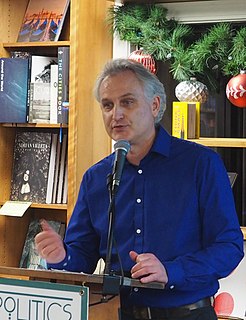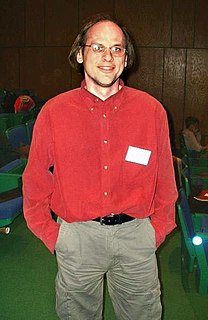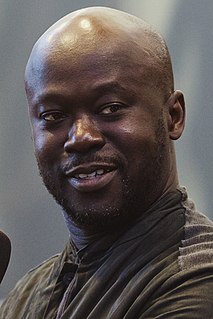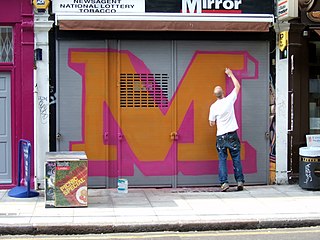A Quote by Robert Barry
A text makes the word more specific. It really kind of defines it within the context in which it is being used. If it is just taken out of a context and presented as a sort of object, which is what - you know, which is a contemporary art idea, you know. It is like an old surrealist idea or an old cubist idea to take something out of context and put it in a completely different context. And it sort of gives it a different meaning and creates another world, another kind of world in which we enter.
Quote Topics
Another
Another World
Art
Being
Being Used
Contemporary
Contemporary Art
Context
Creates
Defines
Different
Different Me
Different Meaning
Enter
Gives
Idea
Just
Kind
Know
Like
Makes
Meaning
More
Object
Of Context
Old
Out
Presented
Put
Really
Something
Sort
Specific
Surrealist
Take
Taken
Text
Used
Which
Within
Word
World
Related Quotes
The way in which the photograph records experience is also different from the way of language. Language makes sense only when it is presented as a sequence of propositions. Meaning is distorted when a word or sentence is, as we say, taken out of context; when a reader or listener is deprived of what was said before, and after. But there is no such thing as a photograph taken out of context, for a photograph does not require one. In fact, the point of photography is to isolate images from context, so as to make them visible in a different way.
Pictures are the idea in visual or pictorial form; and the idea has to be legible, both in the individual picture and in the collective context - which presupposes, of course, that words are used to convey information about the idea and the context. However, none of this means that pictures function as illustrations of an idea: ultimately, they are the idea. Nor is the verbal formulation of the idea a translation of the visual: it simply bears a certain resemblance to the meaning of the idea. It is an interpretation, literally a reflection.
God's Word is not presented in Scripture in the form of a theological system, but it admits of being stated in that form, and, indeed, requires to be so stated before we can properly grasp it - grasp it, that is, as a whole. Every text has its immediate context in the passage from which it comes, its broader context in the book to which it belongs, and its ultimate context in the Bible as a whole; and it needs to be rightly related to each of these contexts if its character, scope and significance is to be adequately understood.
When objects are presented within the context of art (and until recently objects always have been used) they are as eligible for aesthetic consideration as are any objects in the world, and an aesthetic consideration of an object existing in the realm of art means that the object's existence or functioning in an art context is irrelevant to the aesthetic judgment.
Every once in a while I have this revelation like, "Wow, a hundred years ago the world wasn't black and white." It was in color. Photographed in a certain way, people look from another time. We are just not used to seeing ourselves in that context. Something that's fascinating about photography is you can isolate a moment, tear it out of its context, and see it afresh. Another realization is that, "Wow, there's a big world out there, and people are still doing all sorts of the things that they used to do." We don't just live in iPad land.
Beauty means a lot of different things to a lot of different people. A lot of different ways in which things can be beautiful. But this really has a very specific meaning and which is more along the lines of elegance which is that we say an idea is beautiful or elegant in mathematics or physics if a very simple principle or a very simple idea, or simple set of ideas, turns out to be very powerful and leads to all sort of unexpected structure and unexpected predictions.
I painted the words "GREAT ADVENTURE" in Beijing, Dallas, San Francisco, Copenhagen, and Japan. What it means to me is completely different to everybody else. And that's what I love about random words and phrases taken out of context: everyone applies their own context. If you want to apply something political or meaningful to a word I wrote on the side of the wall, then it's up to you.
I liked the idea of having a record that's reggae-influenced but not musically, just lyrically. I think there's so much about Rasta culture that's interesting. Just the idea of preaching one-ness, that we're all in this together. Which I suppose is at the root of most any religion. You're gonna find it, if taken in the right context.
Whatever is being investigated, created or produced now, in movies or TV, needs to consider the context in which it is being distributed. It's not a vacuum. There are certain universal themes of love, conflict, loyalty or family that are everlasting and that need to be presented in a way that makes it feel relevant, even if it's a period piece. You need to consider what context that film, that story and those characters are being seen in.







































